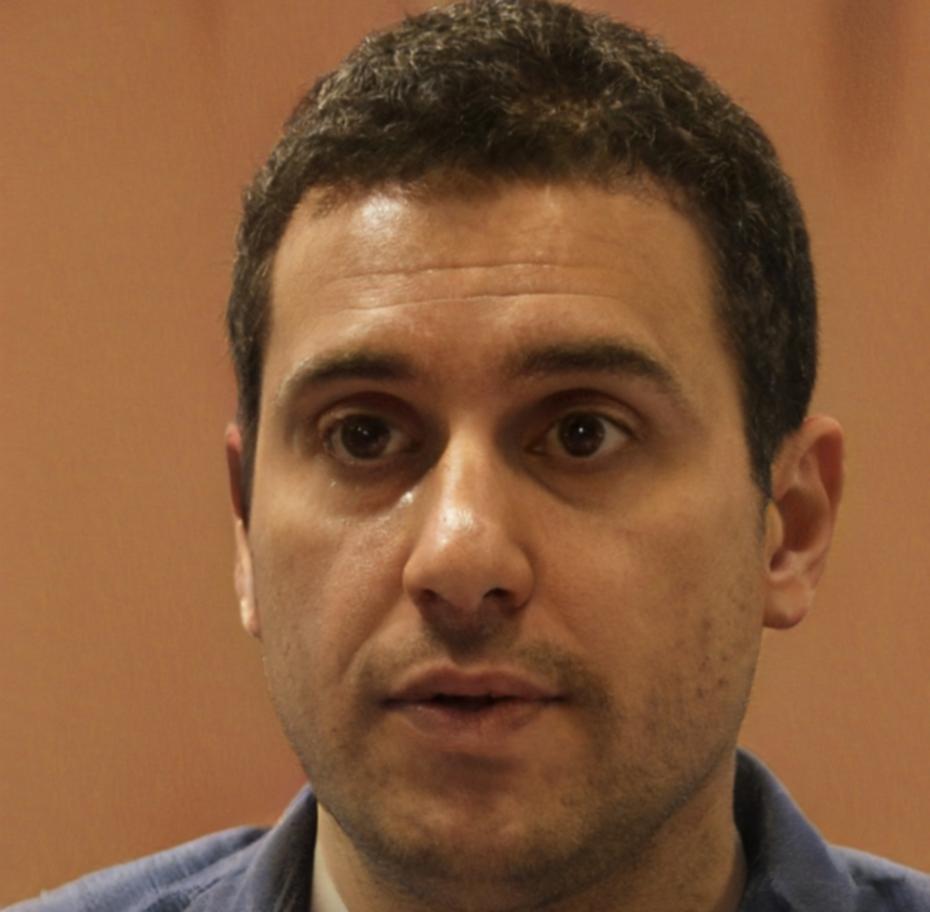Foundation Assessment
We start by understanding your current analytical approach. Not testing what you know, but identifying how you think through problems. Helps us tailor the learning path and reveal blind spots early.
Financial Analysis for Investment Professionals
Learning financial analysis isn't about memorizing formulas. It's about understanding the patterns, asking the right questions, and knowing where to look when the numbers don't add up. We've been teaching this since 2018, and we've learned what works.
Started in a small office in Nantou County. Just three people who wanted to make investment analysis more accessible. Here's what happened along the way.
Founded in Zhushan Township with a focus on teaching practical portfolio analysis. Our first cohort had twelve students, mostly local investors tired of generic advice.
Partnered with Taiwan's financial research institutes to develop our comparative analysis framework. Turned out combining academic rigor with real-world application actually made sense.
Opened learning centers across central Taiwan. Not because we wanted to be everywhere, but because professionals kept asking for more accessible training locations.
Launching advanced workshops in September 2025 focused on cross-market analysis. Also developing a mentorship program that pairs experienced analysts with newcomers.
Most financial training throws theory at you and hopes something sticks. We do it differently. Our method comes from seven years of watching what actually helps people improve.
We don't promise you'll become an expert in twelve weeks. But you'll develop skills that improve with practice, backed by methods that have been tested with hundreds of professionals.


Portfolio Analysis Lead
Spent fifteen years analyzing Asian markets before teaching. Believes most analysis fails because people look at wrong metrics first. Teaches the October cohort.

Market Research Specialist
Developed our comparative analysis framework after working with institutional investors. Focuses on cross-sector patterns that reveal market shifts early.

Quantitative Methods
Bridges the gap between complex statistical models and practical application. Makes sure you understand why certain tools work before using them.
Our curriculum developed from teaching hundreds of investment professionals. These aren't theoretical concepts – they're skills our graduates use regularly. The next intensive program starts in autumn 2025.
We start by understanding your current analytical approach. Not testing what you know, but identifying how you think through problems. Helps us tailor the learning path and reveal blind spots early.
Work through historical market data to identify recurring patterns. You'll analyze cases where traditional metrics failed and learn to spot early warning signs. This phase takes about eight weeks because pattern recognition can't be rushed.
Build your own analysis framework using real Taiwanese market sectors. Learn to create meaningful comparisons that reveal relationships others miss. We guide the process but you develop the framework that fits your thinking.
Apply your skills to current market conditions with guidance from experienced analysts. Make actual recommendations, receive detailed feedback, and refine your approach. This is where theory becomes practical capability.